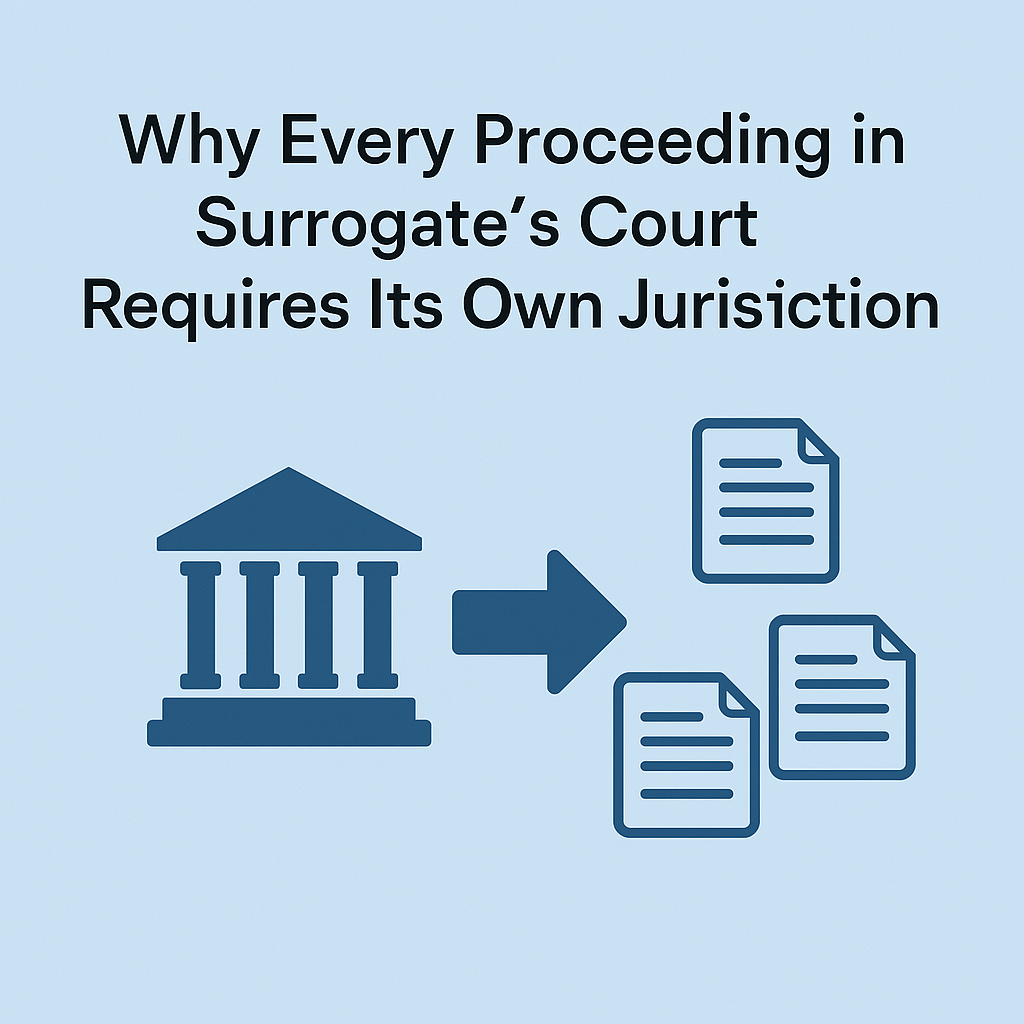In New York Will Drafting - Fundamentals, Carl T. Baker locates the art of estate planning and will drafting in the interplay between default statutory rules and deviating from these rules:
In reviewing these statutes, one phrase stands. One phrase is repeated, with slight variations that it is a cornerstone of the Will drafting process. That phrase is ". . . unless the Will provides otherwise."
Consider the implications of the statement ". . . unless the Will provides otherwise." In all cases, that language is preceded by a rule, and then the draftsman is freed from the rule by being able to draft 'otherwise.' As a result, there is incredible freedom in the Will drafting process. The statute establishes the rules, the defaults and the fail safe provisions, but the draftsman has the freedom to create, to escape the rules. It is understanding and appropriately using this freedom that is the art of estate planning and Will drafting.
Looked at one way, a will is a deviation from the default statutory will. In New York, Article 4 of the Estates, Powers and Trusts Law provides a default will for everyone who dies without drafting their own will. This statutory default seldom aligns with a testator's wishes. The art of estate planning and will drafting is creating a custom-tailored plan that materializes the testator's dispositive wishes.
Hani Sarji
New York lawyer who cares about people, is fascinated by technology, and is writing his next book, Estate of Confusion: New York.





Leave a Comment